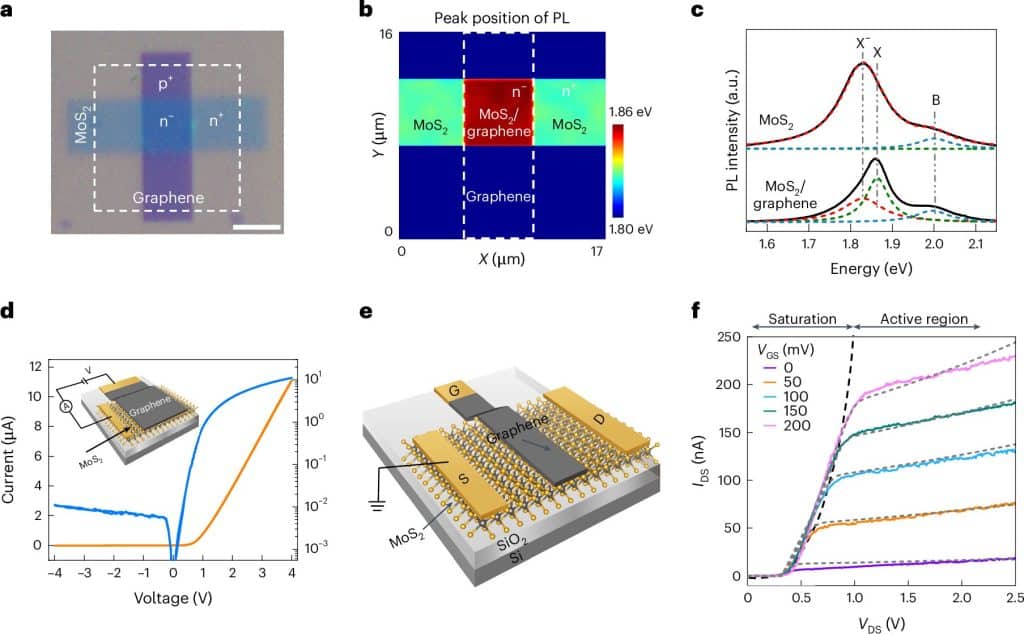As edge computing grows, the need for faster, more efficient processing on local devices—rather than cloud servers—becomes crucial for real-time applications. These devices, positioned close to data sources, perform local computations that reduce latency and improve responsiveness. However, deep learning algorithms, which power many AI applications, are tricky to implement on edge devices due to power and computational constraints. Here’s where a new technology could make a difference.
Researchers across institutions like the University of Southern California and the University of Hong Kong have designed an advanced transistor for reconfigurable fuzzy logic hardware. This innovative approach uses fuzzy logic, which operates on flexible reasoning rather than strict binary processing, making it less power-hungry and more adaptable.

The team’s transistor leverages van der Waals materials (layers held together by weak forces) to create compact, efficient circuits known as membership function generators. Based on molybdenum disulfide (MoS₂), these circuits need fewer resources than conventional circuits, enabling them to run on less power without sacrificing functionality. The researchers found that the fuzzy logic hardware they developed could work alongside neural networks to process complex tasks like image segmentation accurately and in real-time.
This technology’s potential applications include robotics and autonomous vehicles, which rely on low-latency, energy-efficient local processing. Integrating these transistors into edge computing devices makes it possible to create systems capable of running AI locally while conserving battery life.
Opinion: What This Means for IT and Edge Computing

This breakthrough demonstrates a promising shift for edge computing, especially as devices become more intelligent and responsive. Traditional AI models often demand heavy hardware and power resources, but fuzzy logic opens new doors for efficient, real-time processing. For industries such as healthcare, autonomous driving, and IoT, these innovations could drastically improve data processing on local devices without constantly depending on the cloud.
As researchers progress with scalable production, this technology could set the stage for a new class of AI-powered edge devices that handle complex calculations locally. This may lead to faster performance and enhanced privacy, as sensitive data won’t need to travel back and forth from cloud servers. In the long run, it could mean a more efficient, robust digital infrastructure that meets growing demands.
Source:techxplore.com


